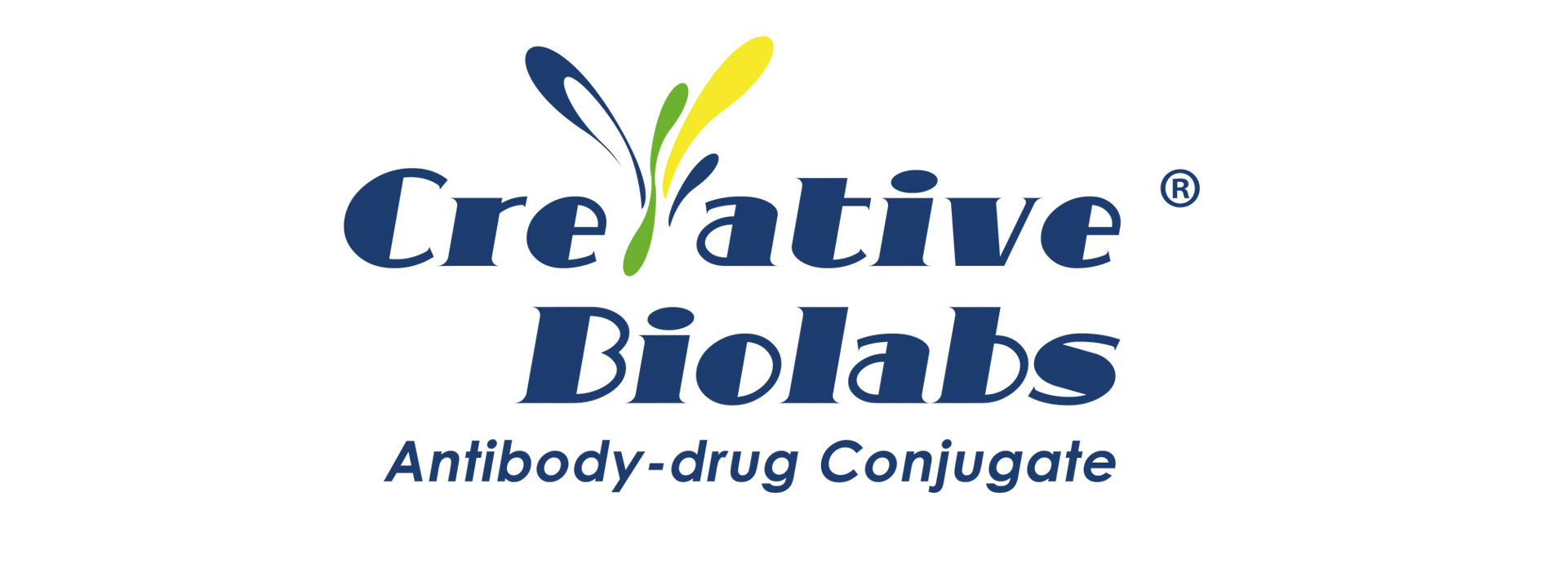In November 2022, ImmunoGen announced that the Food and Drug Administration (FDA) has accelerated the approval for Elahere (mirvetuximab soravtansine-gynx): a monotherapy for adult patients with epithelial ovarian, fallopian, and primary peritoneal cancer who have previously received 1-3 systemic treatments, as well as folate receptor alpha (FR α)-positive and platinum-resistant. The accelerated approval is based on total remission rate (ORR) and duration of remission (DOR) data from key SORAYA trials, while further approval for this indication depends on the verification and description of clinical benefits in confirmatory clinical trials. Besides, the approval for Elahere is of great significance for patients with FR α-positive platinum-resistant ovarian cancer, a disease characterized by its limited treatment options and poor treatment effect.
At the same time, FDA approved the accompanying diagnostic kit VENTANA FOLR1 (FOLR1-2.1) RxDx Assay developed by Roche, which is the only concomitant diagnostic product used to identify ovarian cancer patients suitable for Elahere treatment. About 35-40% of patients with ovarian cancer show signs of high levels of FR α, which is defined as more than 75% of tumor cells stained with 2 + intensity.
It is worth mentioning that Elahere, a pioneering (first-in-class) antibody-drug conjugate (ADC) targeting FR α, is also the first ADC approved by FDA to treat platinum-resistant diseases. FR α is a cell surface protein highly expressed in ovarian cancer.
Elahere (mirvetuximab soravtansine) is a new type of ADC drug that targets tumor cells expressing FR α by conjugating folate receptor α (FR α) antibodies, breakable connectors, and Maytansinoid DM4 (tubulin inhibitors).
SORAYA is a single-arm study of 106 patients with platinum-resistant ovarian cancer who express high levels of FR α and have received one to three previous systemic treatments, including at least one Avastin (bevacizumab). The primary endpoint of the study was ORR and the key secondary endpoint was DOR, which was evaluated by the researchers. The assessment results showed a confirmed ORR of 31.7% (95% CIV 22.9, 41.6), including 5% complete remission (CR). The median DOR confirmed by the researchers was 6.9 months (95% CIRV 5.6, 9.7).
The safety of Elahere was evaluated by combined analysis in three studies. A total of 464 patients with FR α positive, platinum-resistant epithelial ovarian cancer, fallopian tube cancer, or primary peritoneal cancer received at least one dose of Elahere (6 mg/kg adjusted ideal body weight (AIBW), intravenous injection every 3 weeks).
Elahere’s prescription information is accompanied by a black box warning about ocular toxicity, including visual impairment, keratopathy, xerophthalmia, photophobia, eye pain, and uveitis. The most common adverse reactions (≥ 20% of patients) include laboratory abnormalities, visual impairment, fatigue, elevated aspartate aminotransferase, nausea, increased alanine aminotransferase, keratopathy, abdominal pain, lymphopenia, peripheral neuropathy, diarrhea, decreased albumin, constipation, elevated alkaline phosphatase, xerophthalmia, decreased magnesium, leukopenia, neutropenia, and decreased hemoglobin.
MIRASOL is a confirmatory randomized trial designed to upgrade the accelerated approval of Elahere to full approval. The trial, which has completed patient enrollment, is expected to receive top-line data in early 2023. During the Biologics License Application (BLA) review, FDA asked ImmunoGen to submit preliminary ORR and DOR data for two groups of MIRASOL trials. In order to maintain the data integrity of the ongoing MIRASOL trial, the data was analyzed by an independent third-party statistician who directly submitted the results to FDA.
